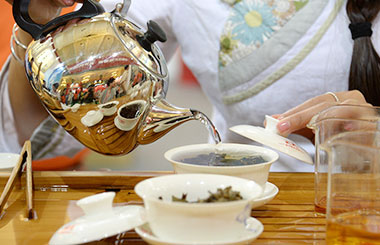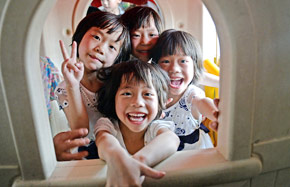Capsules of history
By Wang Kaihao ( China Daily ) Updated: 2012-11-29 10:13:49
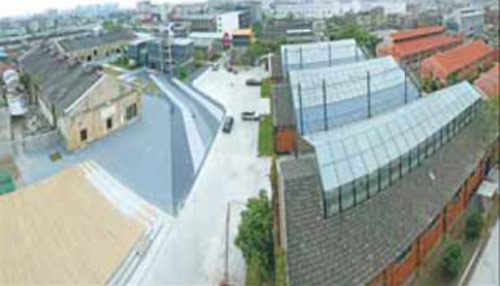 |
|
A large area of old workshop clusters built in the early 1900s has been turned into a creative park in Tangzha town. Provided to China Daily |
The city was built in AD 956 as a military depot. While most museums in China proudly exhibit their abundant antiques, this relatively young city prefers to show examples of its diverse folk arts and industrial heritages in modern times, much of which was attributed to Zhang Jian, who died in 1926.
Zhang, who was also the museum's founder, is known for his role as the city's father.
A three-story British-style villa stands at the corner of the museum complex. It is called "Haonan Bieye", which literally means "another property in the south of Haohe River".
"Zhang preferred to live close to his workplace," Qian says. So he bought this villa, located next to the museum, as his permanent residence in 1914.
Inside, pictures and items from Zhang's legendary life are on exhibit. His story will satisfy any movie director looking for a script to the "Chinese Dream".
Zhang was born in Haimen, a small town to the east of Nantong. He was setting up his business in Nantong when the First Sino-Japanese War (1894-95) broke out.
"Industry is the father while education is the mother," that is how Zhang described learning from the devastating war and his quest to help build a newly-born country.
Zhang planned a modern city there to set a good example for the whole of China.
He first founded Dah Sung Cotton Mill in 1895. This textile conglomerate soon became a moneymaker, which encouraged him to expand into other industries.
Nantong's industrial output in 1913 ranked second in China, after its neighbor Shanghai.
Zhang built China's first professional drama school, meteorological station and a school for the deaf and mute, according to Qian.
Many schools he established later developed into universities. Zhang spent a lot of money hiring top artists and scholars to teach in the schools.
Zhang also invited talented embroidery artist Shen Shou (1874-1921) to open her school here, teaching the skills to local women in a two-story cabin by the Haohe River.
It is now a museum exhibiting marvelous embroidery pieces.
|
|
|
|
|
|
|
|


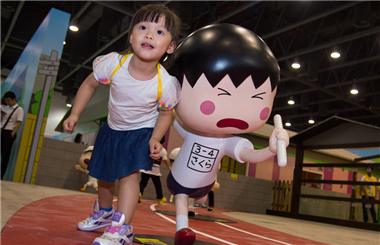
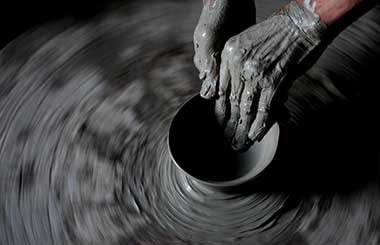
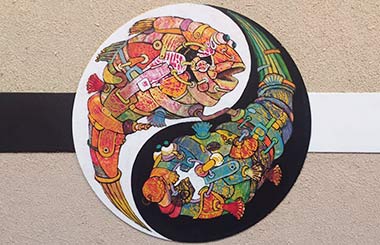
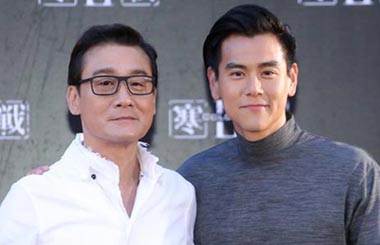
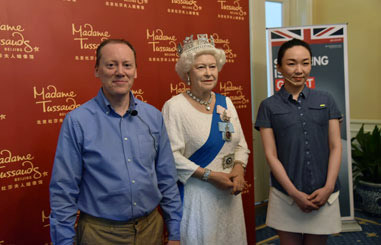






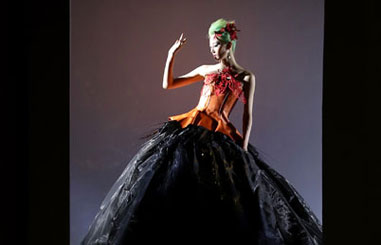


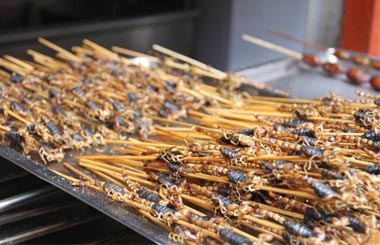


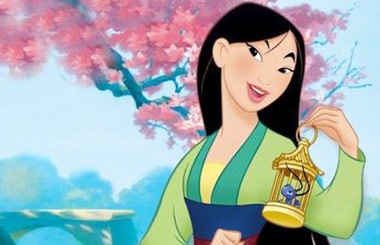
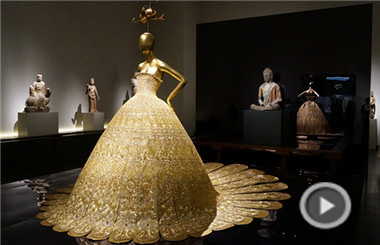


 Raymond Zhou:
Raymond Zhou: Pauline D Loh:
Pauline D Loh: Hot Pot
Hot Pot Eco China
Eco China China Dream
China Dream China Face
China Face


